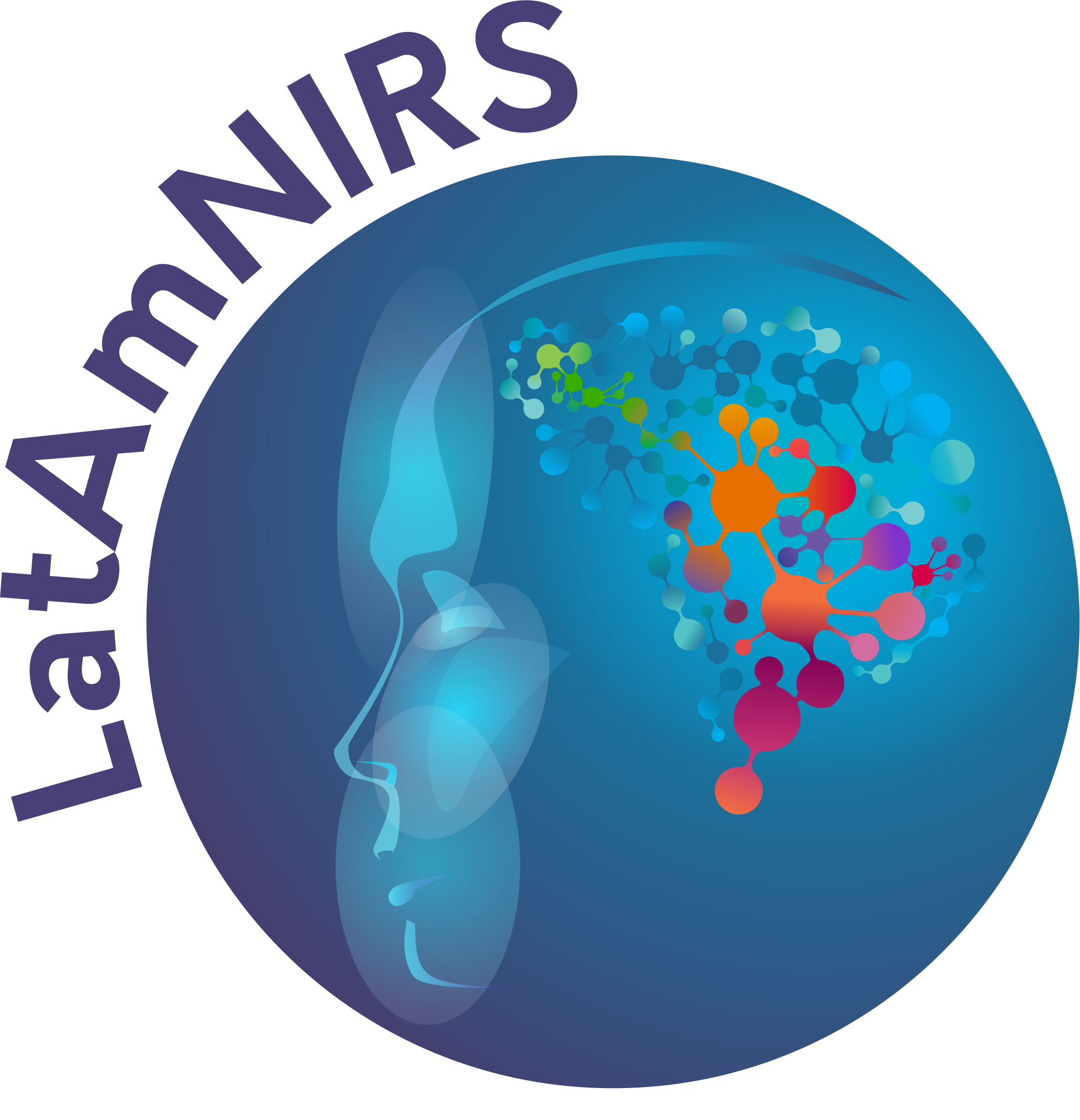Physiological respiration
Definition: Physiological respiration refers to the biological processes that are necessary to provide an organism with vital oxygen. These processes can be divided in three phases: 1) The intake and transport of respiratory gasses via the act of breathing, which involves, respiratory (e.g. the diaphragm) and auxiliary (e.g. intercostal) muscles, sensory input systems, and coordination by the central nervous system, 2) The ventilation of the gas exchanging organs, i.e. the lungs and 3) Cellular respiration in mitochondria that provide Adenosine triphosphate (ATP) as the source of energy for use and storage at the cellular level. The oxygen needed for cellular respiration is obtained via inhalation, while carbon dioxide that is generated is removed from the body via exhalation. Carbon dioxide is formed intracellularly as a byproduct of metabolism, mainly by the Krebs cycle. Carbon dioxide is transported in the bloodstream to the lungs where it is ultimately removed from the body through exhalation. Carbon dioxide plays various roles in the human body including regulation of blood pH, respiratory drive, and affinity of hemoglobin for oxygen. Alveolar ventilation and cerebral blood flow are both predominantly regulated by arterial blood gases, especially arterial carbon dioxide partial pressure, and so are intricately entwined. Fluctuations in carbon dioxide levels are highly regulated and can cause disturbances in the human body if normal levels are not maintained.
Alternative definition:
Synonym:
References: https://doi.org/10.1007/s40122-020-00203-2
Related terms:
